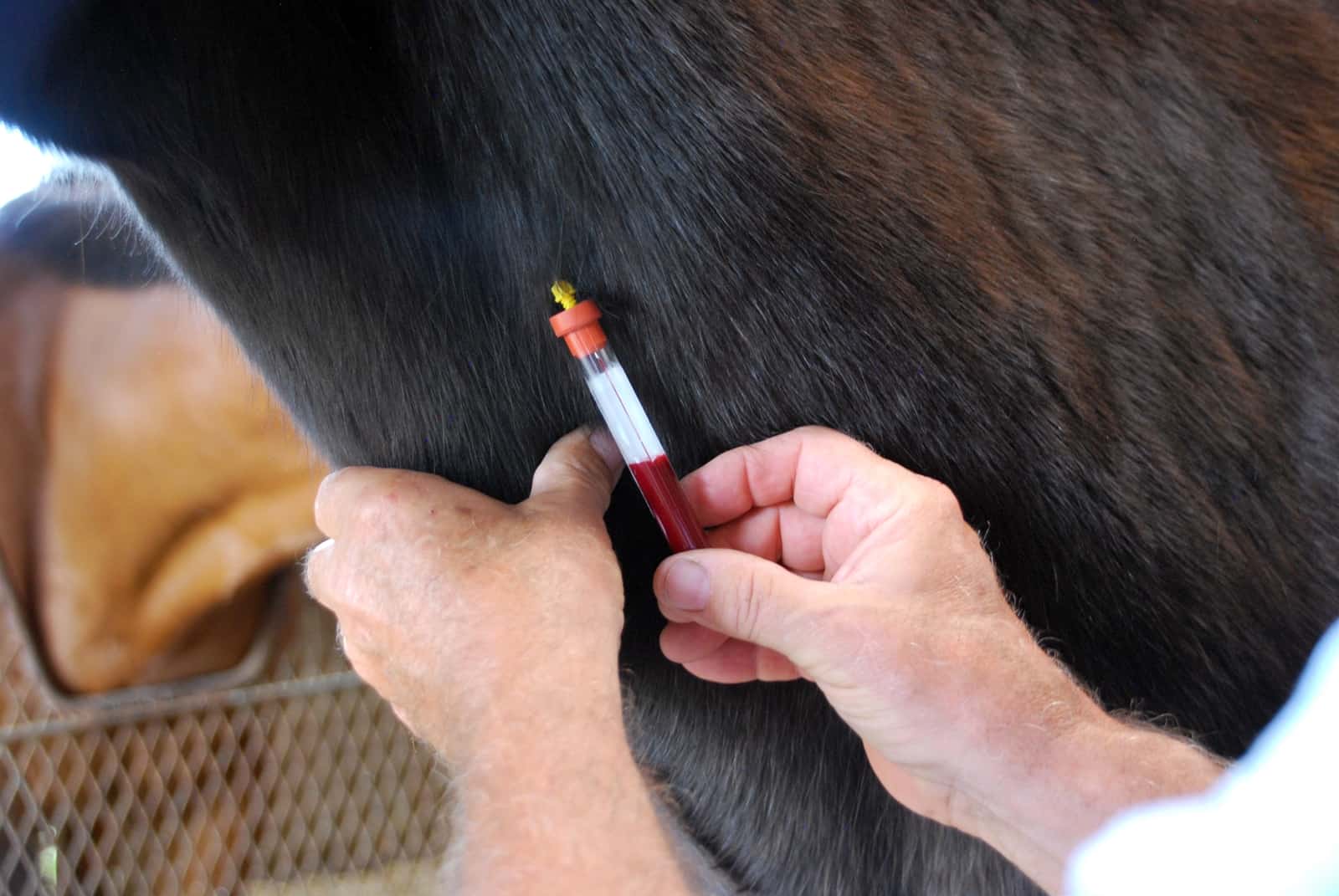New, Quicker Atypical Myopathy Test Allows Earlier Treatment

A new test could help determine whether horses have ingested the toxin responsible for the fatal muscle disease atypical myopathy. The test provides accurate results in record time—a maximum of 48 hours, British researchers determined.
“Realistically, we provide results the same day that the samples arrive in the lab in most instances,” said Sonia Gonzalez-Medina, DVM, LdoVet, Cert. AVP(EM), CPOV, of The Royal Veterinary College’s (RVC) Comparative Neuromuscular Diseases Laboratory, in London, U.K. She presented her study on the blood test at the 2017 British Equine Veterinary Association Congress, held Sept. 13-16, in Liverpool.
Time is of essence in this disease, most commonly diagnosed in European horses, that can prove fatal in extremely short time frames, often in fewer than two days, the researchers said. “The beauty behind this work is not only the confirmation of severely affected horses but also the detection of exposure to the toxin at an early stage, so we have time to establish interventions soon enough to tackle the fatal intoxication,” Gonzalez-Medina said
Create a free account with TheHorse.com to view this content.
TheHorse.com is home to thousands of free articles about horse health care. In order to access some of our exclusive free content, you must be signed into TheHorse.com.
Start your free account today!
Already have an account?
and continue reading.

Written by:
Christa Lesté-Lasserre, MA
Related Articles
Stay on top of the most recent Horse Health news with















